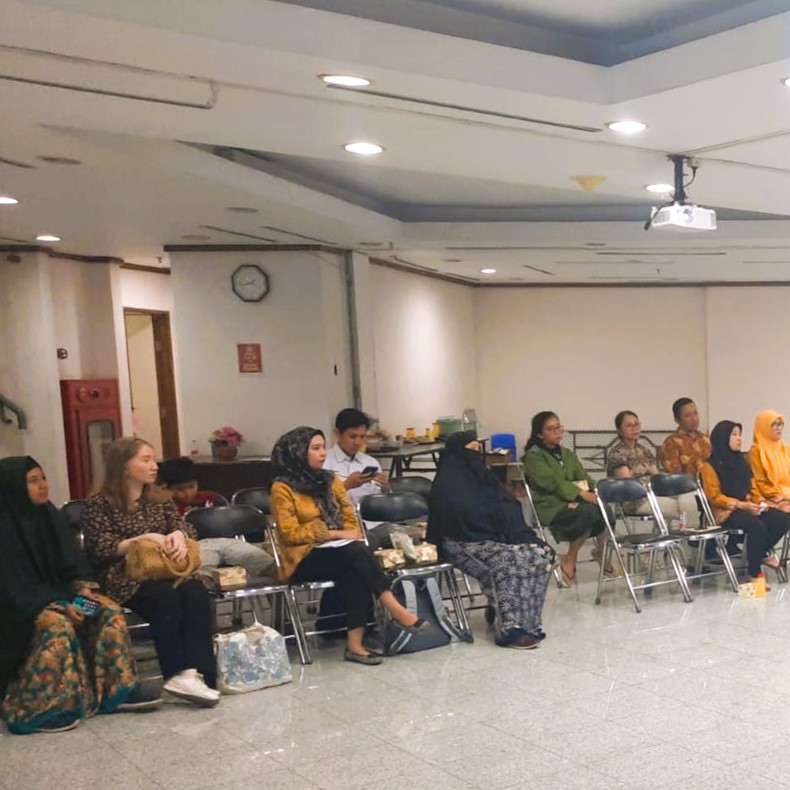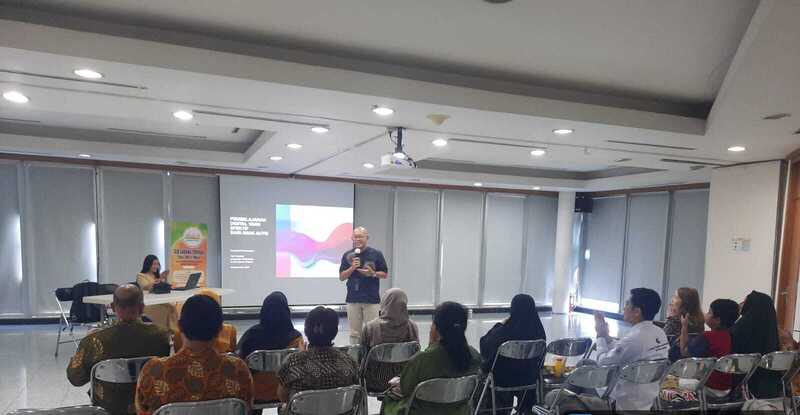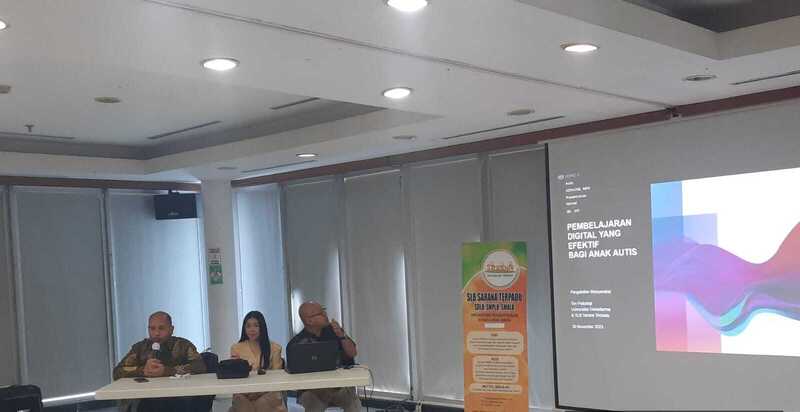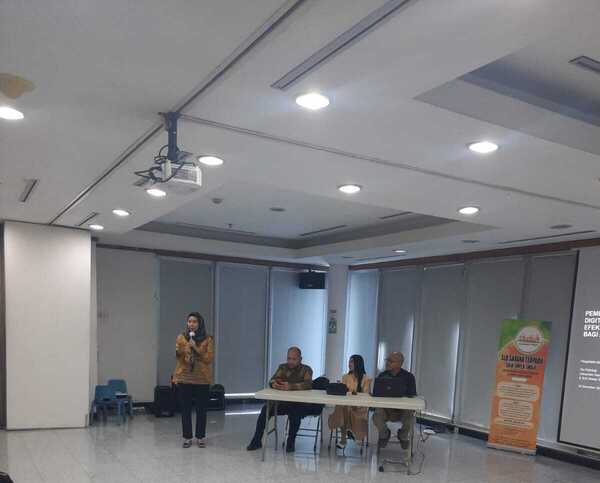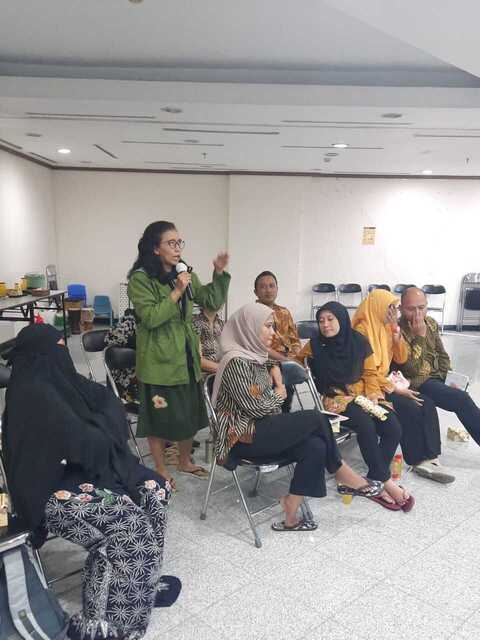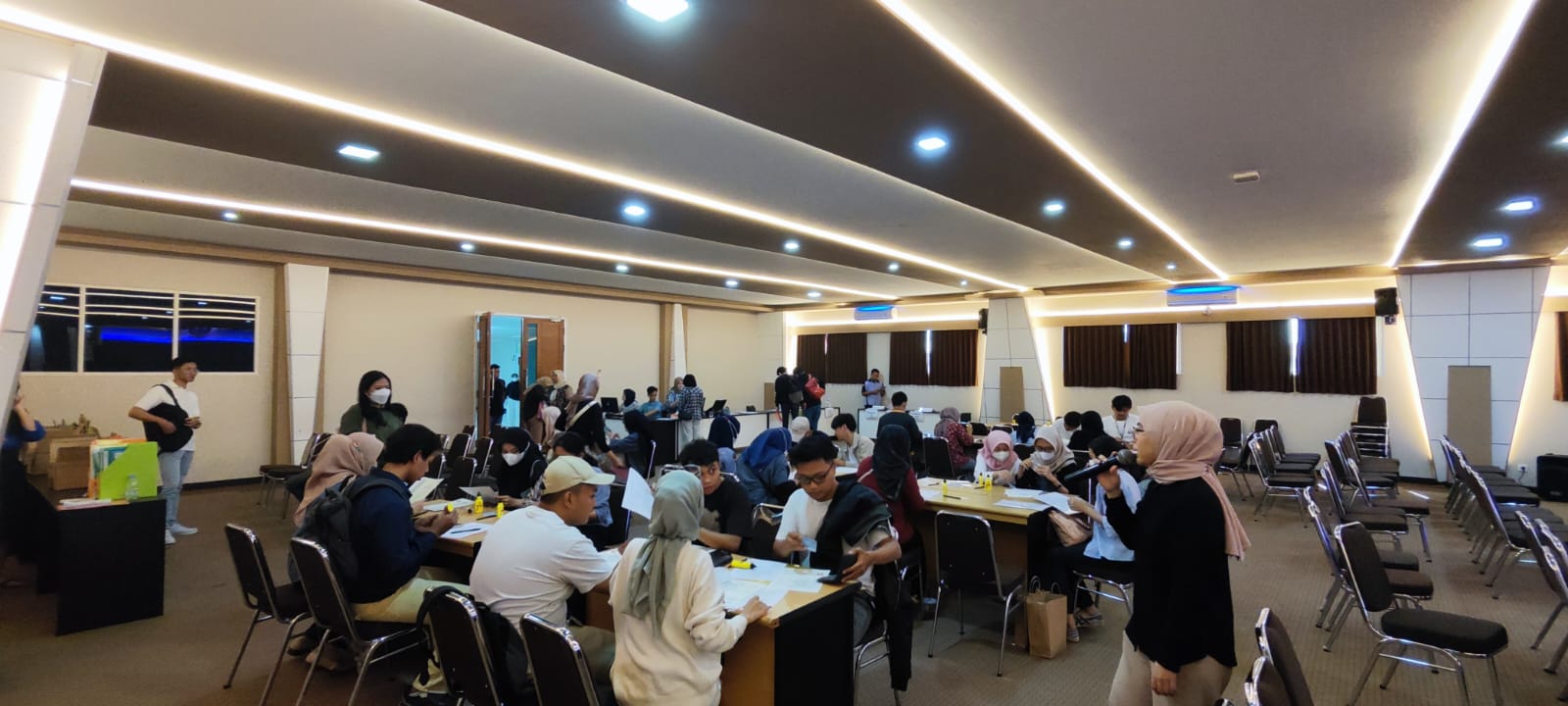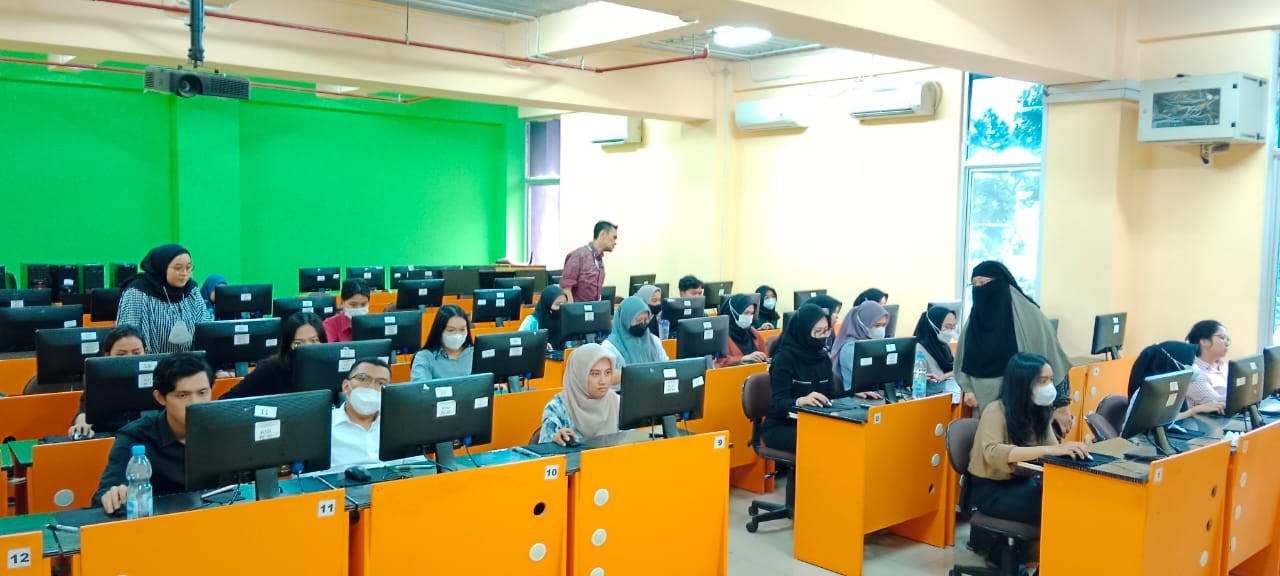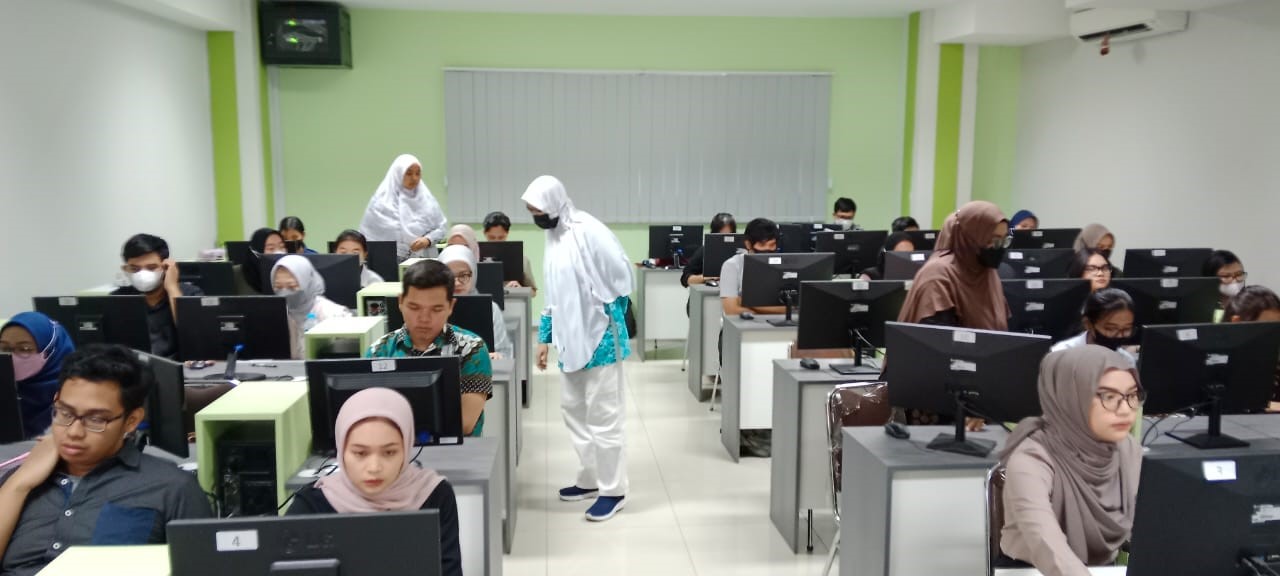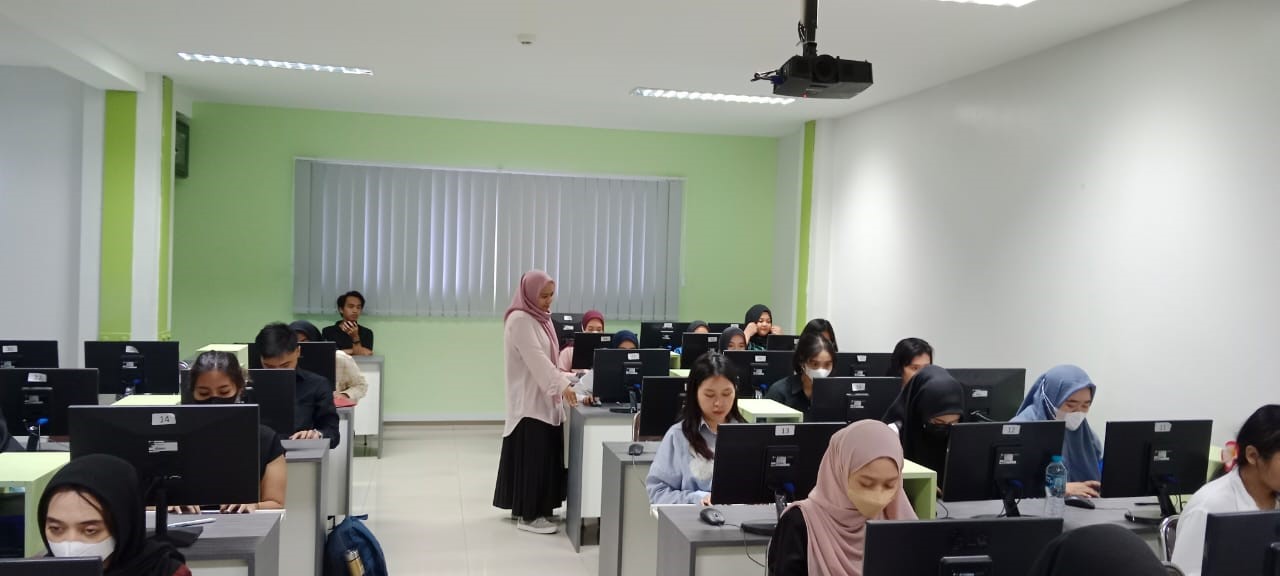WhatsApp (WA) has long been a part of social media. This is due to its increasingly complex functions in accommodating the various interests of its users, whether for communication, establishing and building social relationships and work networks, self-expression, delegating work and so on. However, one of the basic functions of WA as a social media, especially for communication media, remains irreplaceable. Well, one of the features that are widely used by WA users is the WA group or WhatsApp Group (WAG). These WAGs are formed for many purposes, whether momentary, or permanent. Some that are commonly created where we are all involved in them are family WAGs, or work WAGs or office WAGs.
Office WAG is one of the most popular WAGs in the community, especially for employees or workers. Office WAGs are often created to accommodate information, work discussions, and delegation of work in the workplace. Whether we like it or not, whether we want to or not, whether it is convenient or not, many employees have multiple office WAGs at once, tailored to their various contexts of interest. Yet, in many cases, office WAGs often lack lively conversations, as they are unidirectional, from superiors to subordinates without any discussion. Many office WAG members are silent and passive without contributing anything. Have you ever been one of them?
This common and interesting phenomenon was studied by Rahardjo et al. (2023). The basic question of this research is what factors cause a person to be passive and silent in the office WAG. This behavior is commonly referred to as lurking and the culprit is the lurker (Rahardjo, 2023). The findings show that lurking is correlated with many factors such as personality type neuroticism, laziness to share information, fear of losing face, and feigned ignorance. This means that the more “paranoid” an employee is, the more silent they are on the office WAG. The more reluctant to share information with fellow employees, the more fearful of losing face if they say the wrong thing, and the more comfortable pretending to be ignorant and unaware of the topics being discussed on the office WAG, the more silent someone will be on the office WAG.
Meanwhile, this research found that at the influence level, only neuroticism and fear of losing face have an influence on silent and passive behavior in office WAGs. This finding illustrates that when someone feels uncomfortable in an office WAG, they will tend to be passive and silent in the WAG. On the other hand, in office WAGs there are often discussions and discussions about various work-related matters. For certain employees, it is better to be silent and pay attention because they are afraid that when they speak or give opinions, their opinions will be wrong or inaccurate.
Rahardjo et al. (2023) then provided some open-ended questions to categorize as part of the deepening of these findings. Some of the results that are also interesting to put forward are that most of the reasons expressed by passive and silent employees in the office WAG are (1) the presence of bosses or superiors, or other people with higher structural positions, (2) many WAG members who are even less known, (3) lack of confidence to participate in discussions, (4) many topics that are not mastered, (5) having conflicts with one or more WAG members, (6) many insignificant topics that are not related to work that are actually discussed, and others.
Another interesting finding is related to topics that may not be desirable to discuss, but in fact are often discussed or mentioned in the office WAG. Participants in this research mentioned that the topics that are not preferred to be discussed in the office WAG are (1) political matters, (2) topics related to religion, and (3) personal matters. This finding suggests that it is important for a WAG to actually discuss things that are the basis and reason why a WAG was formed in the first place. When these things are discussed, employees will feel discomfort and withdrawn in an office WAG.
The research also provides interesting and simple suggestions. These suggestions are (1) don’t create an office WAG with too many members, and (2) don’t involve people with high structural positions in a general, non-specific office WAG. So, if you are in an office WAG where only some of the members are active, and most of them are silent and passive, maybe the problem is like the findings of this research. Dare to give feedback to your boss or group admin about this research finding?
Reference:
Rahardjo, W., Mulyani, I., Santoso, M., Arianty, M., & Yogandito, R. A. (2023). Lurking in office WhatsApp group: Examining the role of neuroticism, knowledge contribution loafing, fear of losing face, and playing dumb. Russian Psychological Journal, 20(3), 220-236.
Feel free to read through:
https://rpj.ru.com/rpj/article/view/1493
Featured Image:
Photo by Christian Wiediger on Unsplash
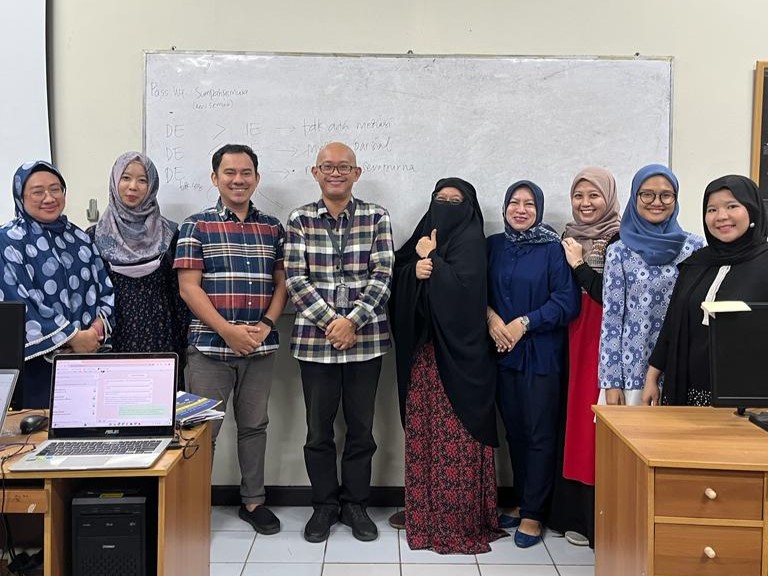

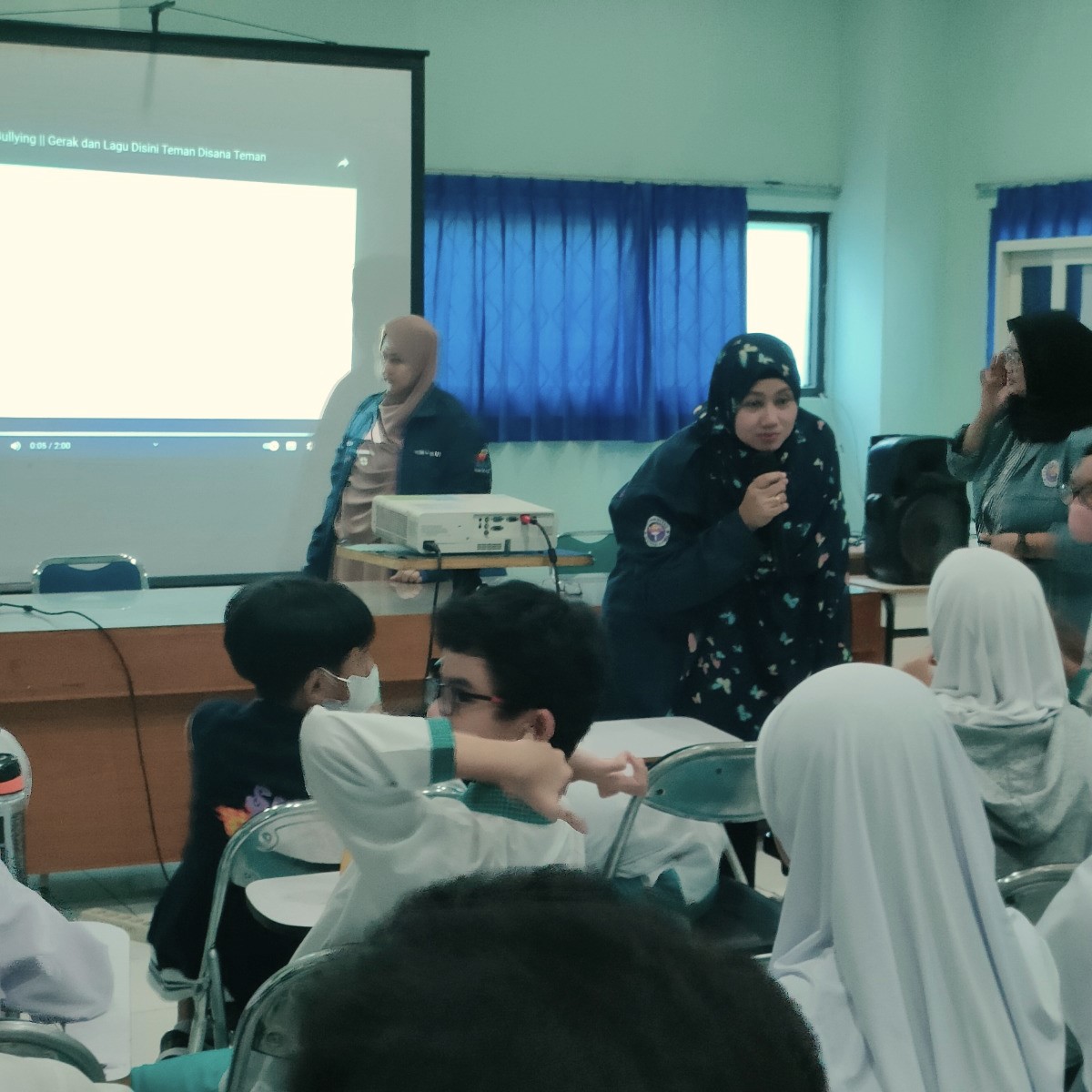

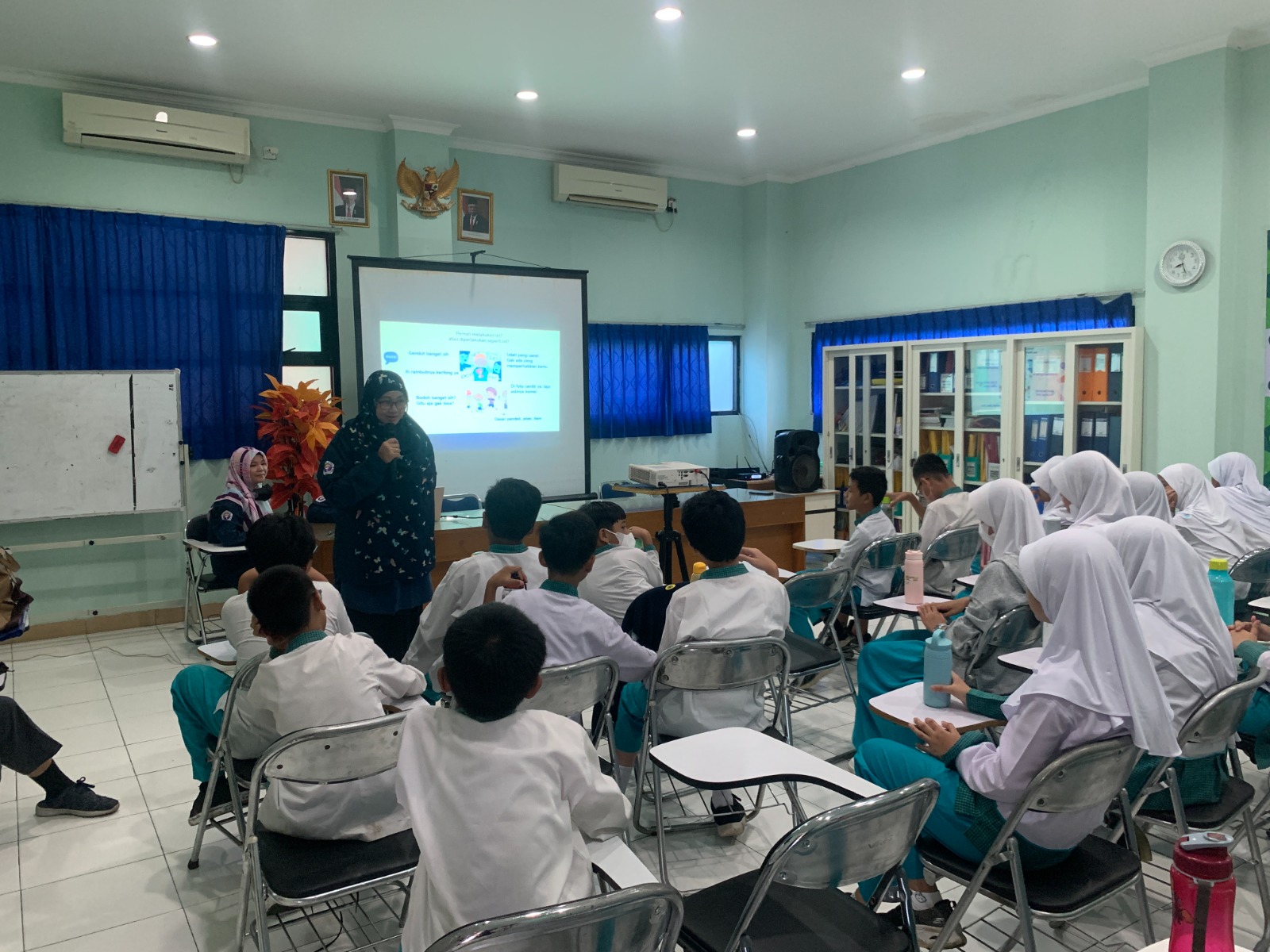
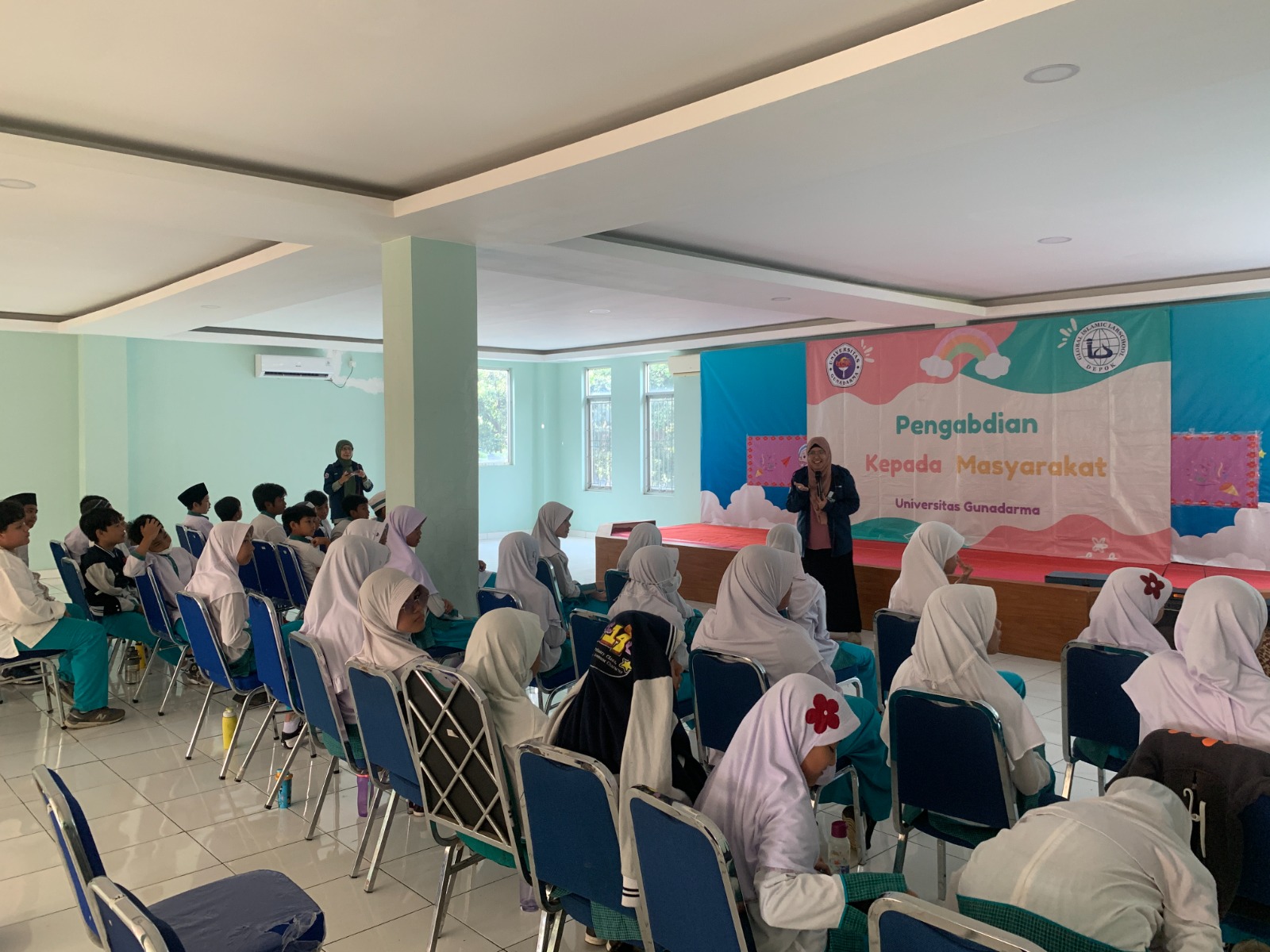
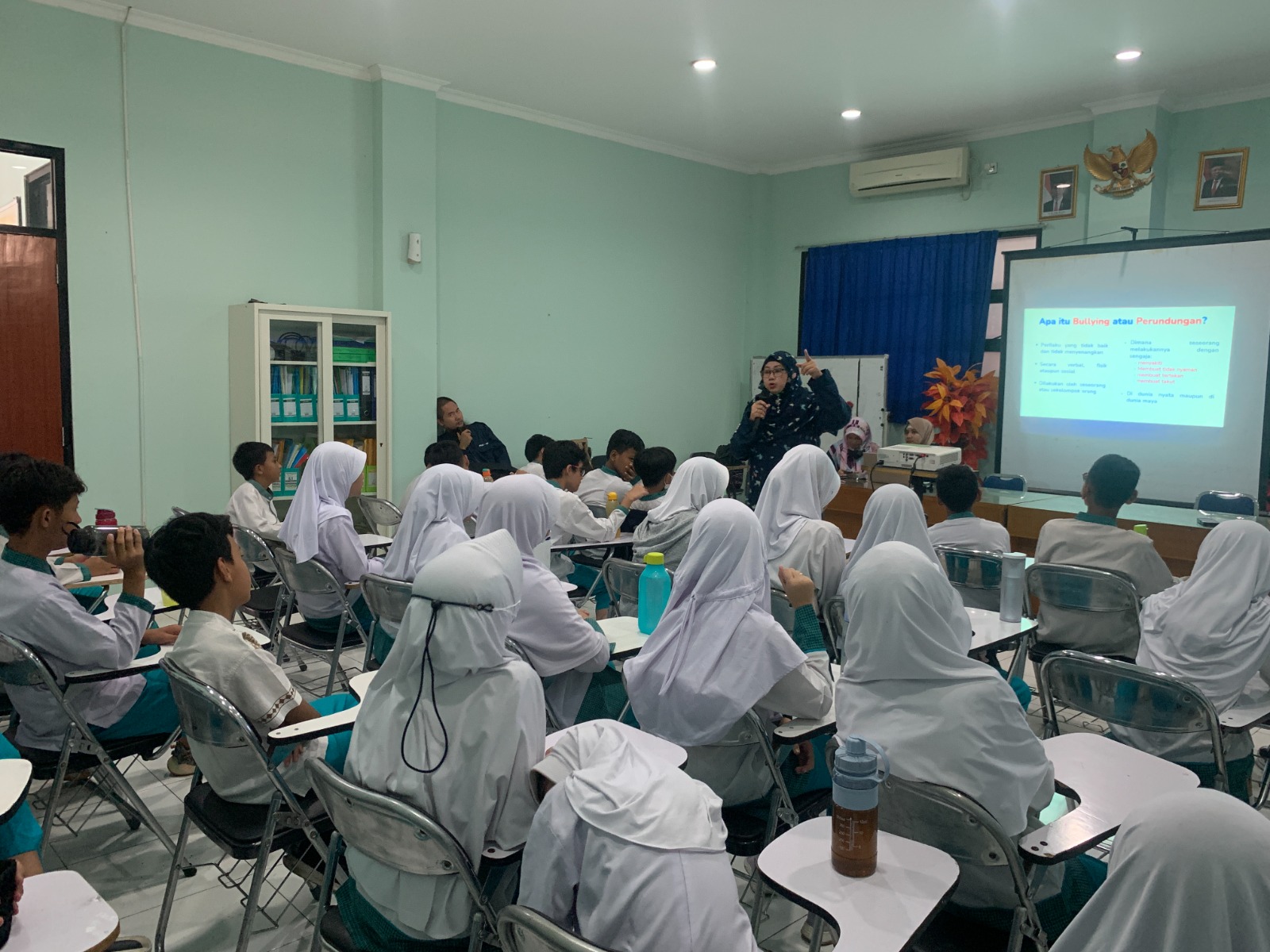
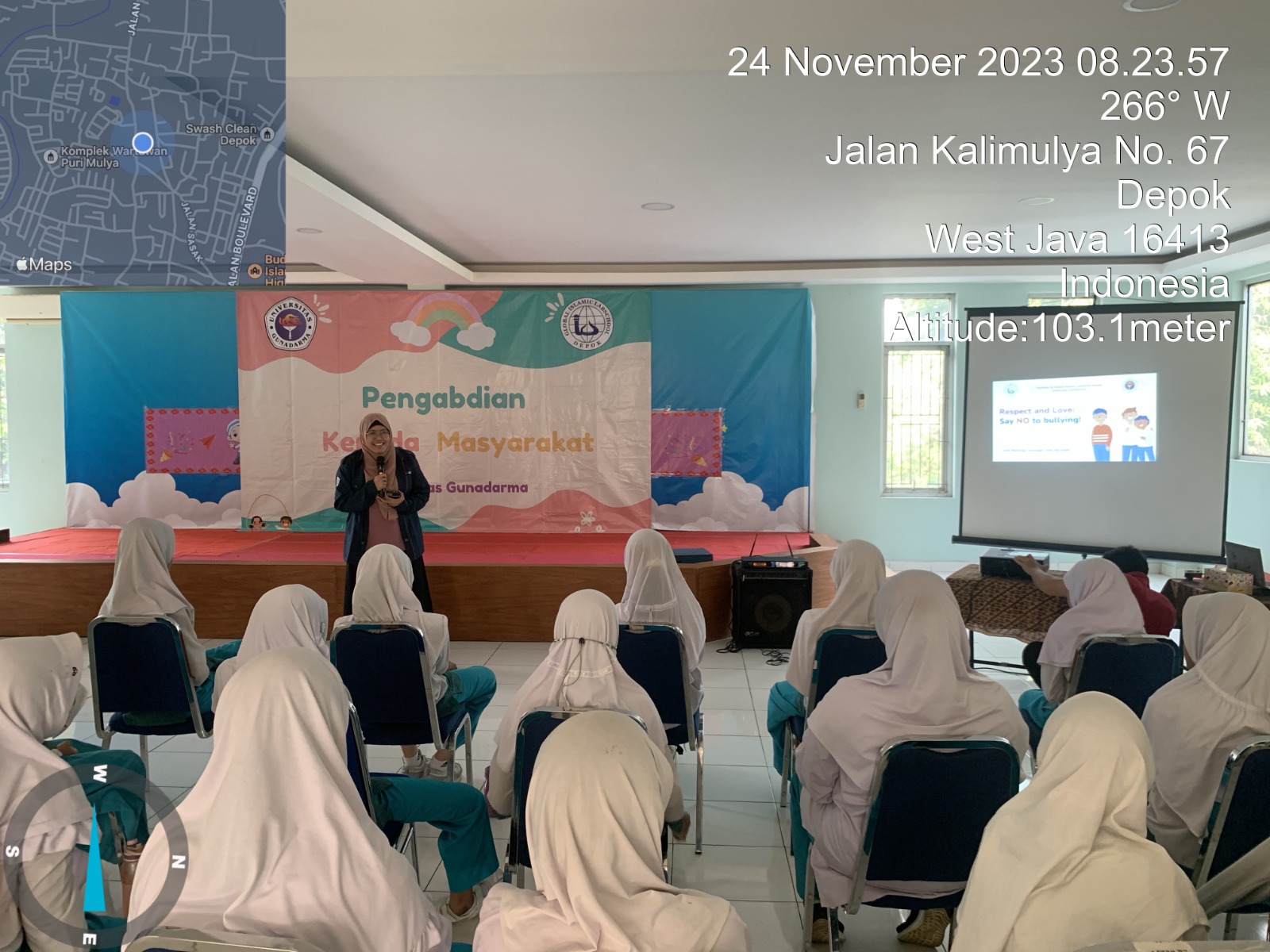
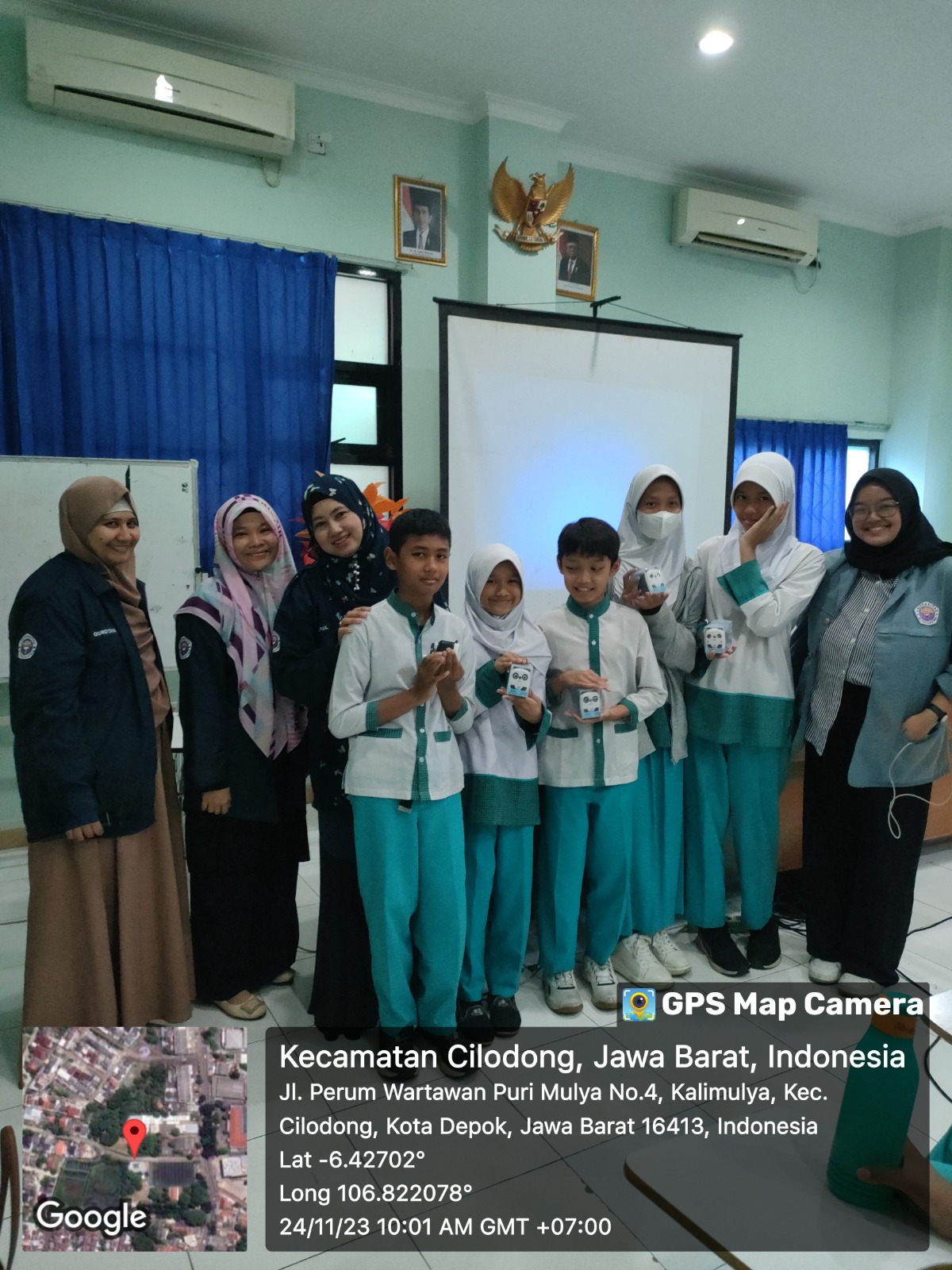
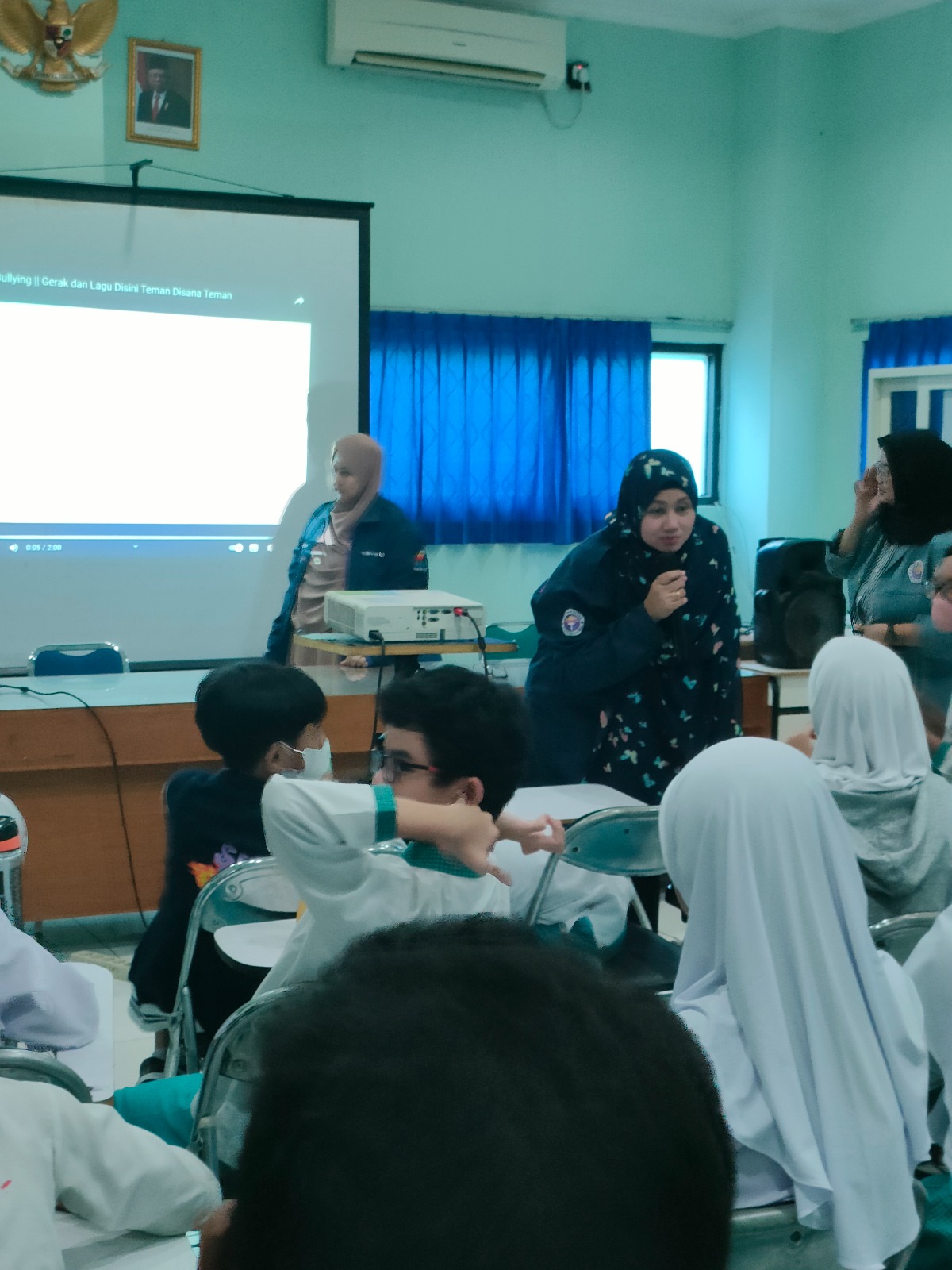
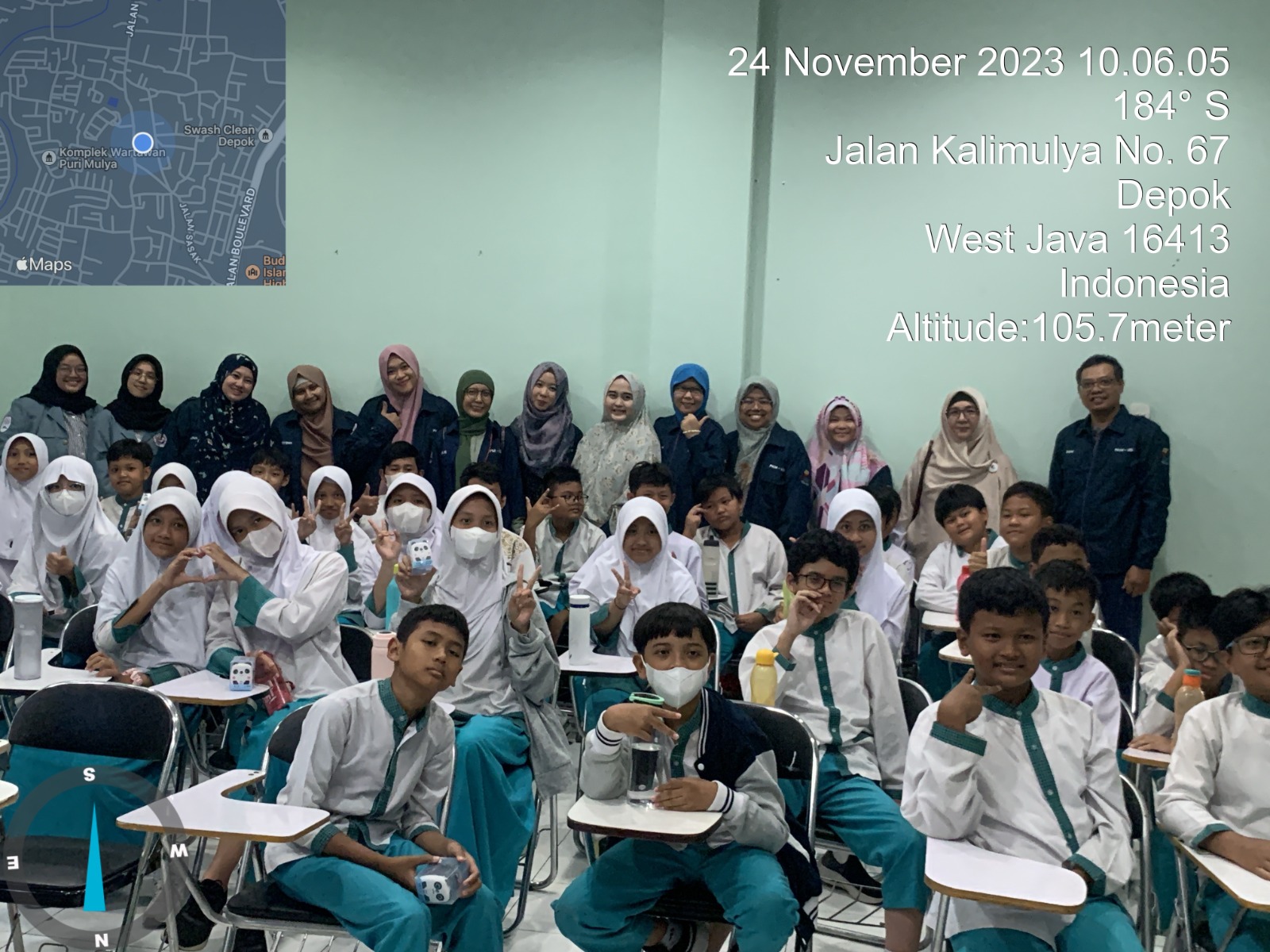


 In her presentation, Dr. Marcia Martha explained that mindset is a set of beliefs or thoughts that shaped how we see and respond to ourselves and the world. Mindset itself is divided into two, namely fixed mindset and growth mindset.
In her presentation, Dr. Marcia Martha explained that mindset is a set of beliefs or thoughts that shaped how we see and respond to ourselves and the world. Mindset itself is divided into two, namely fixed mindset and growth mindset. Fixed Mindset
Fixed Mindset

